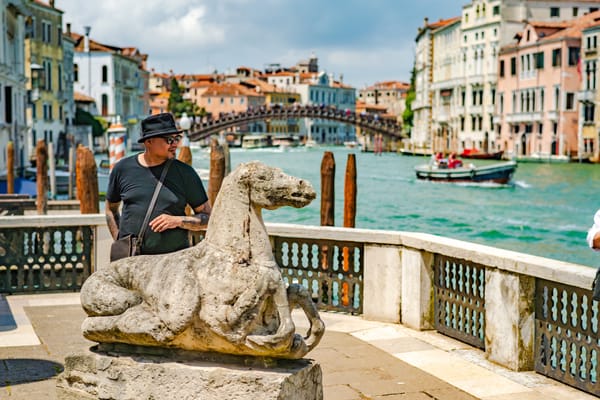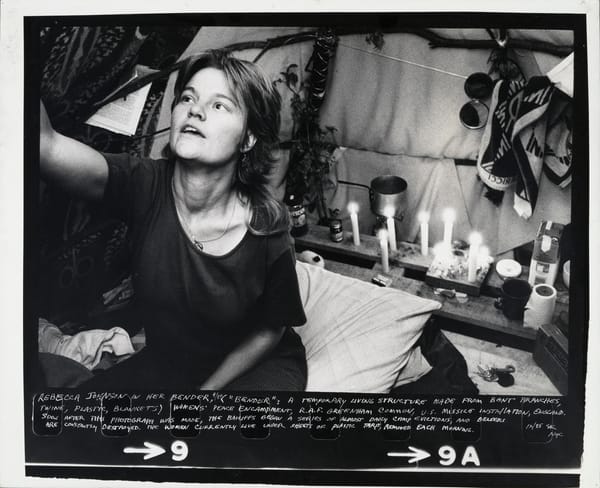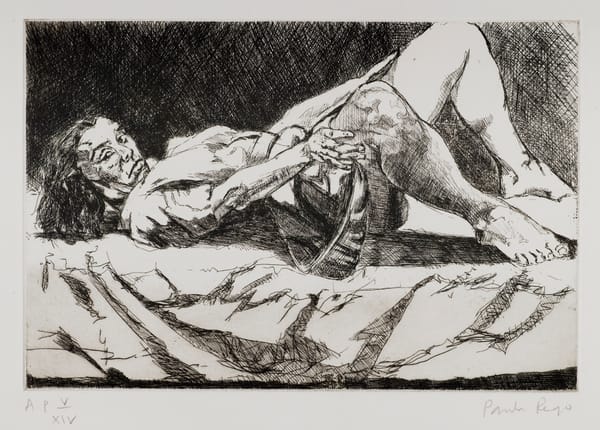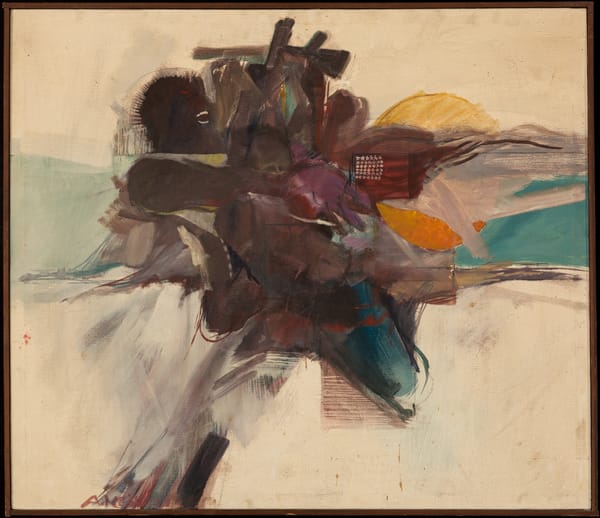What It's Like to Be the Sole Survivor of a Commercial Airline Disaster
CHICAGO — Chicago-based documentary filmmaker Ky Dickens' newest film, Sole Survivor, tells the stories of four of the 14 sole survivors of commercial airline disasters.
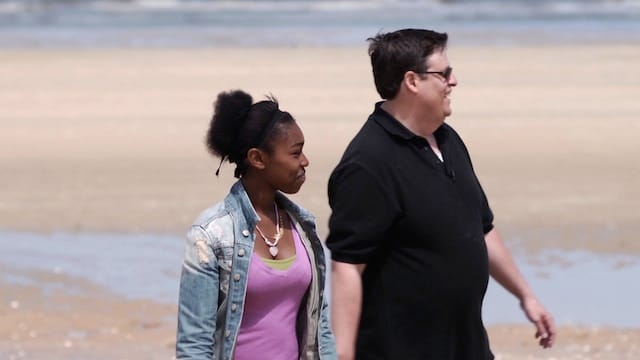
CHICAGO — Chicago-based documentary filmmaker Ky Dickens’ newest film, Sole Survivor, tells the stories of four of the 14 sole survivors of commercial airline disasters. In other words, these are the people who survived when everyone else perished as the planes fell from the sky like birds with broken wings. The second full-length feature created through Yellow Wing Productions, the company that Dickens founded in 2007, is one of those films that astounds viewers for its ability to tell a story that would otherwise just become sensationalized media smut. That’s what documentary film does best, after all. In anticipation of the Chicago premiere of Sole Survivor on September 21 & 26 at the Gene Siskel Film Center, I spoke with Dickens about the film.
* * *
Alicia Eler: In both Fish Out of Water and Sole Survivor, there’s a common throughline- a sort of belief in a spiritual presence, or at least that there is some sort of god or a deeper meaning. In FOOW, I’m thinking about how you go through the seven verses of the Bible that condemn homosexuality, carefully deconstructing each one. And in Sole Survivor, co-pilot Jim speaks often of his reliance on God and faith for answers to the questions that plague him about the plane crash and why he was spared. Did you consciously seek out this sort of spiritual throughline, or did it find you? How?
Ky Dickens: I’m naturally attracted to stories that consider how the perceived will of God impacts our lives. As far as Fish Out of Water, I wanted to spur a discussion on what I saw as hypocrisy in the church. If there’s a loving God who creates people in His/Her image, would that God condemn LGBTQ people to a life of stigma, second class laws, and the long-held belief that our spiritual and moral worth is inferior? In Sole Survivor, I was curious about the assumption that the survivors were saved for a reason. How can we claim that someone was save for a reason, without also making the claim that all others on the plane died for a reason? I think the through-lines in my work naturally reflect my own questions and concerns. Directing documentaries is such an immense time and emotional commitment that it’s natural to focus on the aspects of the story that I find to be the most meaningful or significant. Sole Survivor could have been directed in hundreds of different ways. It could have been about the crashes themselves, or about how the subjects survived the crash but I chose to pursue how these events impacted the survivors’ lives, relationships and worldviews because that’s what I think has the most potential to connect with others and to be an impetus for healing and understanding.
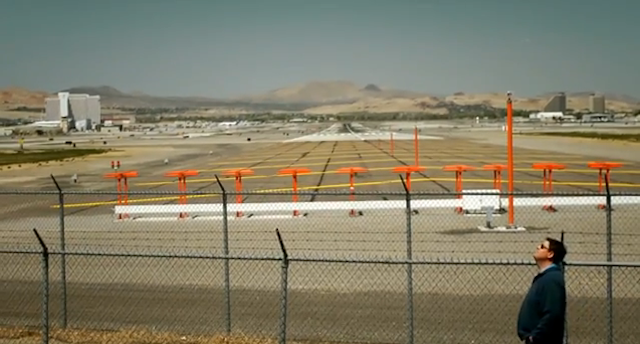
AE: It’s interesting that, of the 14 sole survivors of commercial airline crashes, only four were spotlighted in this film. Can you talk a bit about how that happened, or why the focus ended up being on these four people? Where are the other 10? Did you contact them at all?
KD: The main subject in the film, George Lamson, ended up contacting about 10 of the 14 survivors. Some of them were not ready to talk about the accidents and thus didn’t want to be in contact with George, let alone be in a film. But the larger issue was that many want to maintain a sense of anonymity. So many unfair expectations are placed on the survivors’ shoulders – in every country. Did they live for a reason? Will they cure cancer? The pressure placed on them makes them not want to be found by the public or the victims’ families. The four survivors who ended up participating in the film were very brave and ready to speak, for various reasons.
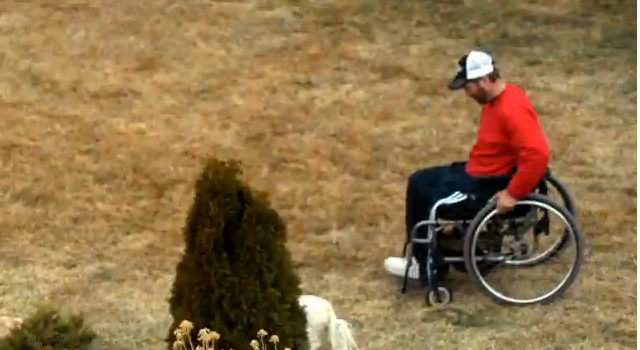
AE: George’s journey toward healing and connecting with other sole survivors is fascinating. I was thinking about how, if he had not received that intense year of media attention, would his life have been different? And in some ways, the film felt quite focused on him to an extent that he was playing out his healing process via Sole Survivor in a similar way that his post-accident trauma unraveled on national TV. Similarly, Cecelia’s story was mostly private after she was released from the hospital, and then even in Sole Survivor she remained relatively private. In both instances, I see an interesting re-enactment of similar past-present psychological processes for both George and Cecelia. Thoughts on this?
KD: That is a great, accurate observation. George’s experience with the media right after his accident hugely impacted him. It was a distraction from his grief and thus a tool for him. When I met him 25 years later, George hadn’t healed. He had always wanted to find other sole survivors and victims families, in hopes this would give him answers and closure. But fear of being judged kept him from reaching out to these people. When I met him, he was ready to finally embark on a journey to heal and I think he would have done it regardless of the film, but having us involved in documenting his process held him accountable to being his bravest self. So in a way, the media was a tool for him, once again.
On the other hand, Cecelia was able to maintain normalcy after her accident by avoiding the media and she is still private to this day. We only had two hours with her and it was the only interview that she has ever given.
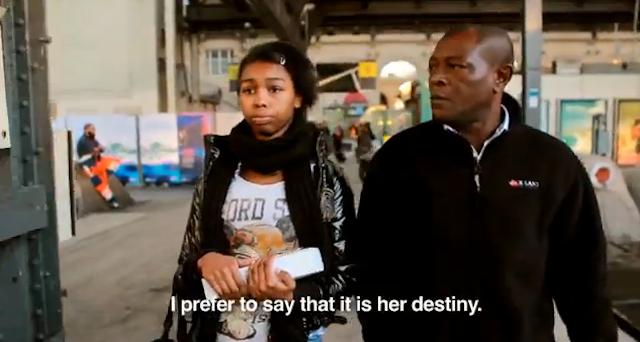
AE: In documentary film, how much do you tell the story, and how much does the story reveal and tell itself? Would love your thoughts on this process, and also what drew you to doc film in the first place. And, what are you working on next? Any ideas you can share?
KD: The most difficult aspect of documentary filmmaking is trying to stay neutral. I care deeply about the subjects. When you see them making a decision that is going to discourage or disappoint them, it’s hard to bite your tongue but you have to do it. It’s essential to let the subjects set their own parameters and make their own decisions. That said, there are hundreds of hours of footage to sort through and which footage ends up being included in the film, to tell a story a certain way, definitely has the directors’ fingerprints on it.
We are already working on our next documentary. It’s about bringing something from the dead.I don’t want to say too much but I will say this project focuses on what, I think, will be the next great cultural war. Science and religion definitely come to a head in the next film!
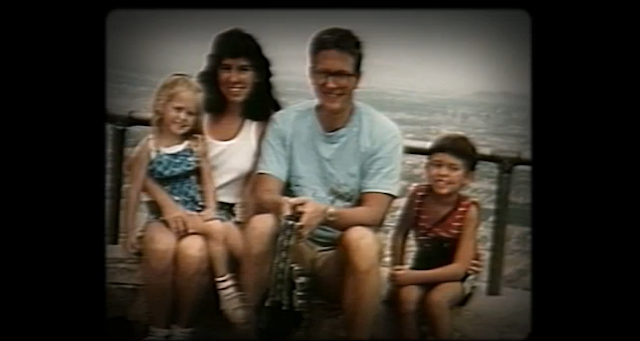
Catch Sole Survivor‘s Chicago premiere on September 21 & 26 at the Gene Siskel Film Center (164 N State Street, Chicago).

